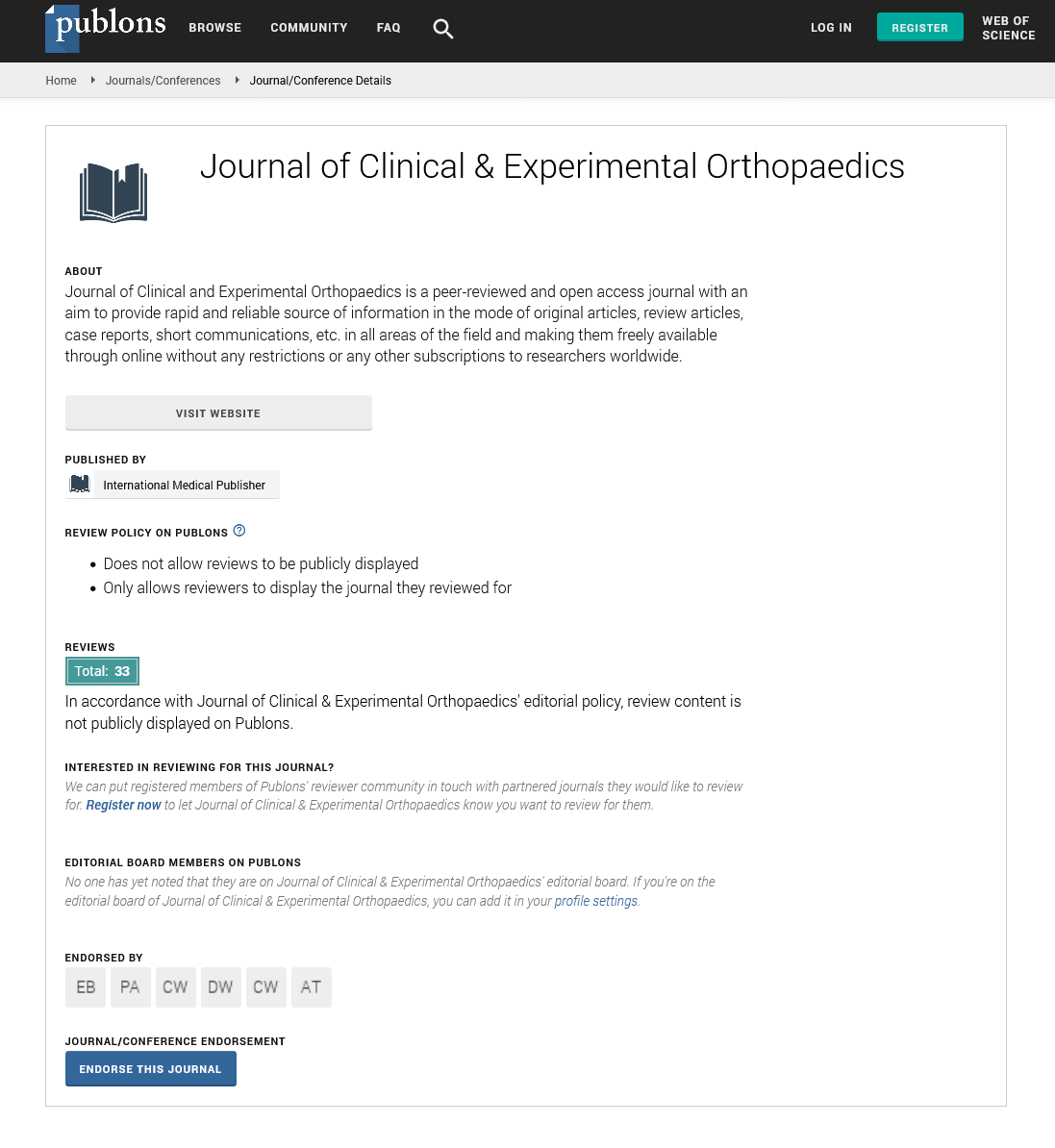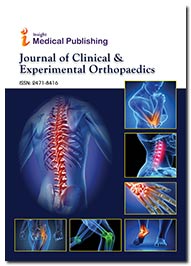Abstract
Targeting catalytic domains of gelatinase A and B using fully human antibody
Statement of the Problem: Rheumatoid arthritis (RA) is an inflammatory autoimmune disorder characterized by progressive remodeling and degradation of extracellular matrix (ECM) in joint tissue leading to permanent bone deformity and loss of function. Matrix metalloproteinases (MMPs) are the major contributors to ECM degradation; elevated levels of MMPs correlate with the pathology of RA. Gelatinase A (MMP-2) is expressed by a large number of mesenchymal cells; whereas gelatinase B (MMP-9) is mainly expressed by macrophages and activated synovial fibroblasts. Studies have shown elevated MMP-2 and MMP-9 levels in synovial fluid (SF) of RA Patients. Several MMP inhibitors have been synthesized and tested in preclinical models of arthritis over the past one decade; however, no promising specific inhibitor of MMP-2 or MMP-9 has been developed so far. In the current study, we have targeted the catalytic domains of MMP-2 and MMP-9 by generating single chain variable fragment (scFv) antibodies against these domains. Methodology & Theoretical Orientation: scFv antibodies were selected against these domains by antibody phage library based screening methods and characterized. In vitro assays of cell viability, proliferation, migration and collagen gel contraction assay (relevant to ECM remodeling during wound healing process) were conducted with and without antibodies using patient derived human synovial fibroblasts (HSF) and synovial fluid. Fibroblast/Cartilage co-culture experiments were done to assess the effect of antibodies on the degradation of cartilage by quantifying the amount of released glycosaminoglycans (GAGs) in culture supernatants. Findings: Selected clone scFv M2-72, directed against MMP-2 was observed to neutralize the activity of MMPs in SF using an in vitro fluorogenic peptide assay. The antibody significantly inhibited the migration of HSF in response to patient derived SF in the transwell migration assay. scFv M2-72 significantly prevented cartilage degradation and further prevented collagen gel contraction and degradation. M2-72 may be a promising choice for RA treatment. Schematic showing the possible mode of action of scFv M2-72 mediated attenuation of various cellular processes involved in the pathology leading to RA. scFv M2-72 mediated neutralization of MMP-2 prevents recruitment of effector immune cells into synovium, thereby preventing the TNF-α, IL-β and IL-6 mediated activation of synovial fibroblasts. Reduced synovial activation leads to decreased MMP-2 expression. scFv M2-72 inhibits migration of synovial fibroblasts and prevents MMP mediated degradation of cartilage
Author(s):
Brij Bhushan Mehta
Abstract | PDF
Share this

Google scholar citation report
Citations : 161
Journal of Clinical & Experimental Orthopaedics received 161 citations as per google scholar report
Journal of Clinical & Experimental Orthopaedics peer review process verified at publons
Abstracted/Indexed in
- Google Scholar
- China National Knowledge Infrastructure (CNKI)
- Directory of Research Journal Indexing (DRJI)
- WorldCat
- Publons
- Geneva Foundation for Medical Education and Research
- Secret Search Engine Labs
Open Access Journals
- Aquaculture & Veterinary Science
- Chemistry & Chemical Sciences
- Clinical Sciences
- Engineering
- General Science
- Genetics & Molecular Biology
- Health Care & Nursing
- Immunology & Microbiology
- Materials Science
- Mathematics & Physics
- Medical Sciences
- Neurology & Psychiatry
- Oncology & Cancer Science
- Pharmaceutical Sciences


